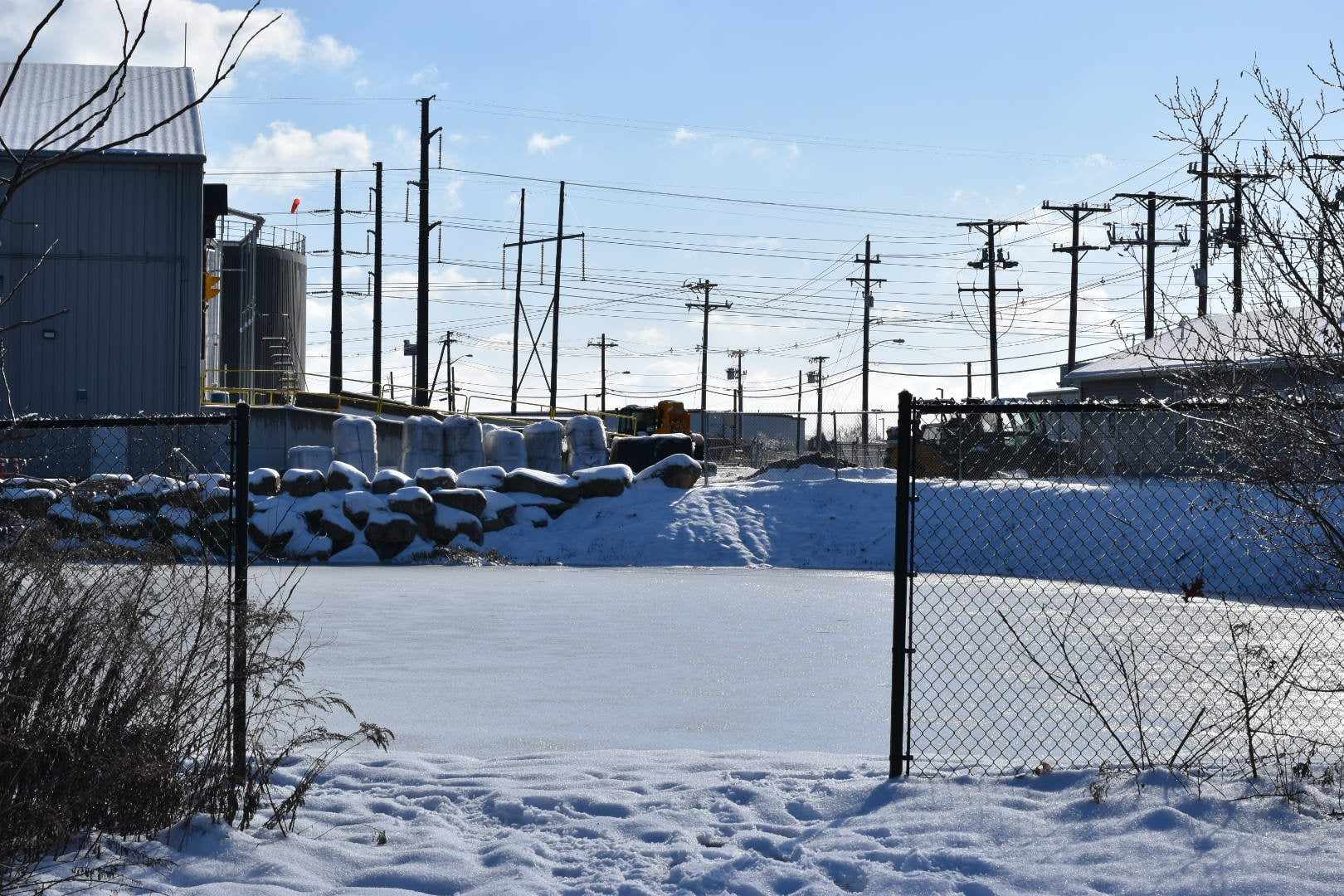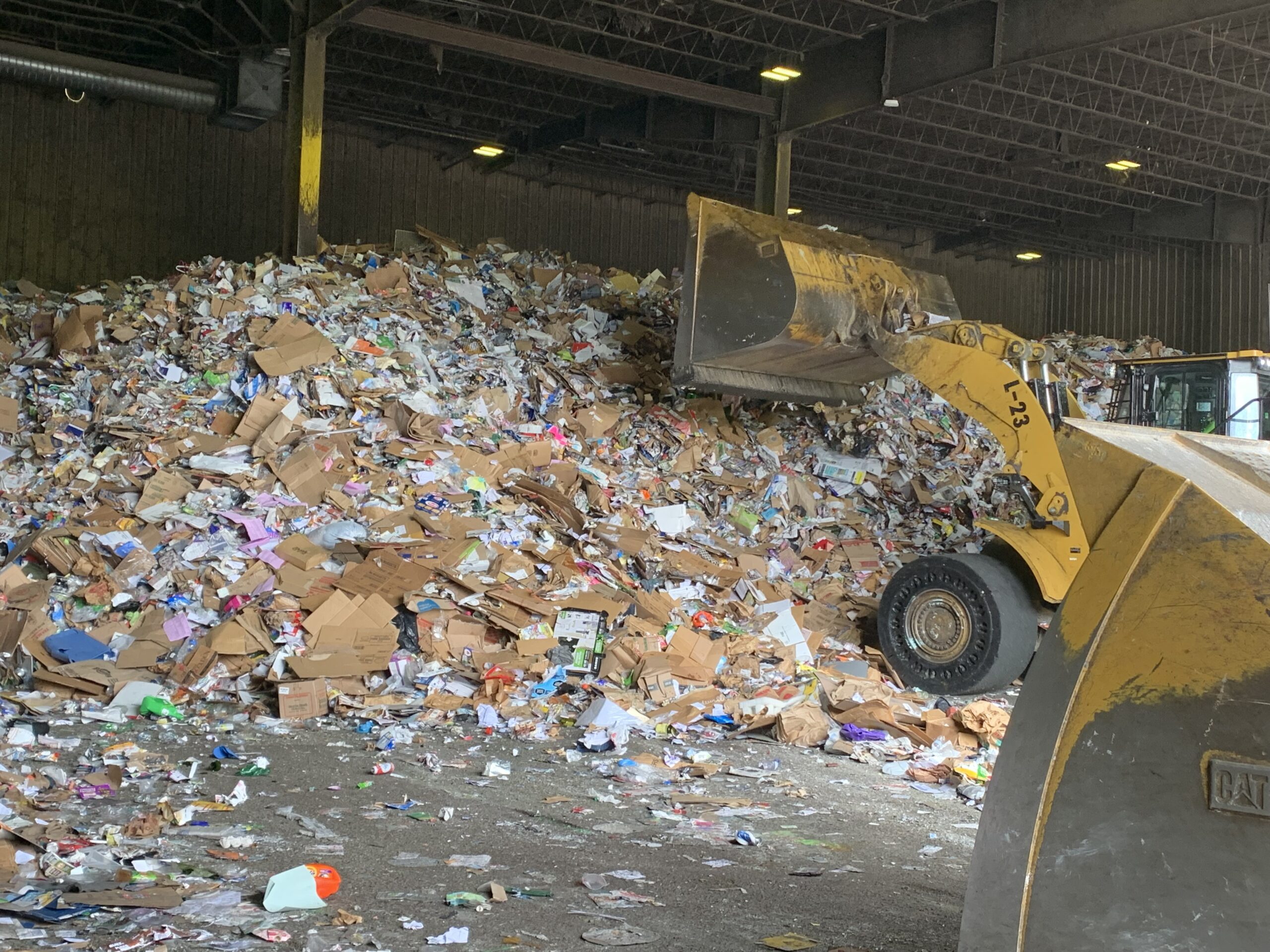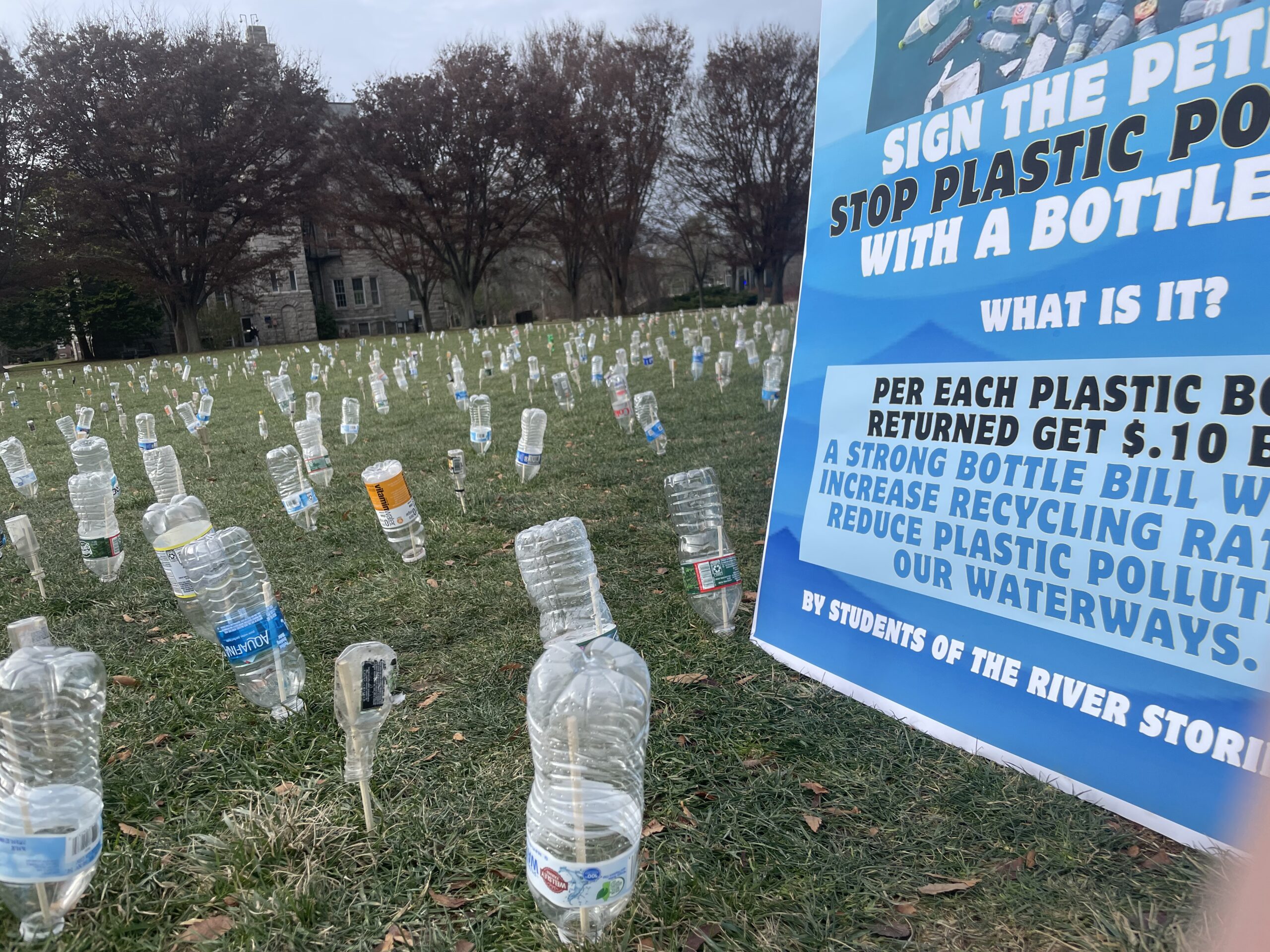The Plastic May Be Clear, But the Consensus Is Not
June 28, 2012
Sometimes, the more you dig, the murkier things become.
Last month, ecoRI News published a story that attempted to make sense of the myriad bioplastics on the market.
In the article, ecoRI News took a granular look at the complex life cycle of these plastics and examined how marketing messages with respect to biodegradability and compostability don’t always match up with reality, especially in Rhode Island, where there exists no commercial composting facility to break down many of these new biodegradable and compostable plastics.
The article also examined the life cycle of plant-based PET (polyethylene terephthalate), which comprises Dasani’s new PlantBottle. The Coca-Cola Co., Dasani’s parent company, markets the bottle as made from up to 30 percent plants — as opposed to traditional fossil fuels — and 100 percent recyclable.
In a statement that caught many consumers and industry insiders by surprise, Sarah Kite, director of recycling services at the Rhode Island Resource Recovery Corporation (RIRRC), said Rhode Island’s post-consumer PET buyers considered plant-based PET a contaminant.
“Until they (our buyers) tell us that plant-based plastics are OK, we have to say that they are not recyclable in Rhode Island,” she said. The bottles, Kite said, should therefore go into the trash until the buyers accepted them as recyclable.
Immediately following publication of the article, the Coca-Cola Co. contacted ecoRI News to register its disappointment that its PlantBottle had been characterized as a contaminant by Kite.
ecoRI News decided to do a little more digging to get to the bottom of this quandry. How could it be that one person’s PlantBottle is another’s contaminant?
In a follow-up conversation with Jeff Meyers, Coca-Cola’s sustainable packaging manager, ecoRI News learned that when Dasani’s plant-based PET bottles were first introduced to the market in 2009, there was much confusion among reclaimers with respect to the recyclability of these bottles.
“There were usually two things that confused people,” Meyers said. “The first was PLA (compostable plastic), which is not compatible with the existing recycling infrastructure. If someone hears that PLA doesn’t work they jump to the conclusion that all plastic made from plants doesn’t work.”
The other point of confusion was bio-degradable additives, which are not in the Dasani bottle. Meyers, himself, a chemical engineer, worked on developing the PlantBottle, and, in speaking with ecoRI News, he reiterated that plant-based PET is chemically identical to traditional PET made from fossil fuel. “We just changed the building blocks,” he said.
Through an intensive education and outreach campaign involving Meyers himself and the National Association for PET Container Resources (NAPCOR), which works closely with reclaimers, the confusion surrounding PlantBottle has been cleared up. Recyclers and remanufacturers use the recycled plant-based PET as they would conventional PET, with no complaints, according to Meyers.
Except, it seems for Rhode Island.
Following the conversation with Meyers, ecoRI News decided to recheck Kite’s assertion that RIRRC’s users consider plant-based PET a contaminant, and contacted Waste Management, the primary broker of post-consumer PET for RIRRC. In an e-mail reply to ecoRI News, Donna Sedler, a spokeswoman for Waste Management, said the company doesn’t consider plant-based PET bottles a contaminant “at this time.”
Case closed, right?
ecoRI News went back to Kite with this bit of information. When presented with Waste Management’s statement about plant-based PET, Kite clarified that “Waste Management (Recycle America) is the broker of our recyclables. They are not the end user of the plastics.”
“The broker’s job is not to determine the specifications of a material,” Kite wrote in an e-mail. “Their job is to move the material to market. If (Waste Management) knows of other customers that will accept all types of PET, (including plant-based) then it’s up to them to negotiate the best price for Rhode Island and move our materials to that customer.”
Kite said she contacted end users who relayed their concern about contamination from plant-based PET.
Asked for the contact information for an end user, Kite demurred in an e-mail exchange. “I’m reluctant to put our customer in the middle. … I would suggest to Coca-Cola that they do more outreach to the manufacturers themselves. They know who the major players are.”
All this top-level back and forth over the integrity of a plastic water bottle reveals the complexity of innovating for a system that is slow to embrace change either because of rigorous market dictates or because of ignorance.
Categories
Join the Discussion
View CommentsRecent Comments
Leave a Reply
Your support keeps our reporters on the environmental beat.
Reader support is at the core of our nonprofit news model. Together, we can keep the environment in the headlines.
We use cookies to improve your experience and deliver personalized content. View Cookie Settings




Great that ECORI followed up on this. Now, if we could just get RIRRC, Waste Management, and their "customers" in the same room to hash this out.
You'd think will all the talk of an ever filling landfill, small things like this that could keep potentially tons of waste out of the landfill would get resolved.
By recycling these bottles, RI would remove consumer confusion, reduce landfill usage, and increase recycling income.
Someone call a meeting!
Great works folks! Keep at em. I guess our option is to hold these bottles aside until the issue gets a resolution. I have already altered my behavior as a result of hearing the issues about recycling glass. I hadn't returned glass to the store in a while, but now we do once again. So now we get $.05 for our bottles and eat up some time to do it, but it is better than lining the landfill with such a perpetually recyclable material. Of course, that doesn't help the cause of other glass containers.
The buyers, the brokers, the negotiated prices for the recycled materials, it should all be public information. Why wouldn't RIRRC not want us to know who the "end users" are?
PET made from agricultural products are indeed recyclable. They are not compostable or biodegradable, but they are recyclable. The agricultural product is converted into ethanol which is then converted into ethylene, the building block of PET. PET is PET is PET, regardless of the raw material used to manufacture it. As Waste Management has indicated, it is OK to put plant based PET products into recycling bins, in RI or elsewhere. The benefit of using plant derived plastics is to reduce our reliance on fossil fuels. Preferably, the agricultural raw material used to make the PET would be an agricultural residue, not a crop grown specifically for making plastics. There are two billion tons of ag residues produced in the USA each year, so recovering these materials to make plastics is an ecological good. Pepsi does use ag residues to make their plant based bottle. Whether Coca Cola does or not we dont know. But because the residue is made into PET, a strong plastic polymer, it is not compostable or biodegradable, which is stiil ecologically ok because the PET plastic is recyclable. Moving plastics out of petroleum is good as long as they are recyclable.
The concern I would have (surprise!) is potential toxicity and leaching into water and soil.
It happens that PET is generally considered to be one of the less toxic plastics, however,
there are serious concerns about its recycling.
Some info I found with a quick google:
http://environment.about.com/od/healthenvironment/a/plastic_bottles.htmhttp://www.ecologycenter.org/iptf/toxicity/index.html
http://guide.thesoftlanding.com/pet-1-plastic-may-leach-endocrine-disruptors/
http://health.usnews.com/usnews/health/articles/070726/26petplastic.htm
http://voices.yahoo.com/is-pet-toxic-not-5260555.html?cat=5
It is ironic how our society wants to move forward in the recyclable world, but yet were having these controversies over plant-based PET. A question that pops up into my mind is why is Rhode Island the only state that seems to have a problem with this type of PET? The end users that have these issues should really step forward and explain why the better option is to add more trash to our land fill, rather than accept materials with plant-based PET that other companies, including Waste Management, have deemed recyclable. I am truly hoping since this article has been written three years ago that this conflict has been resolved and that Rhode Island has been able to move forward with more recycling and less trash.